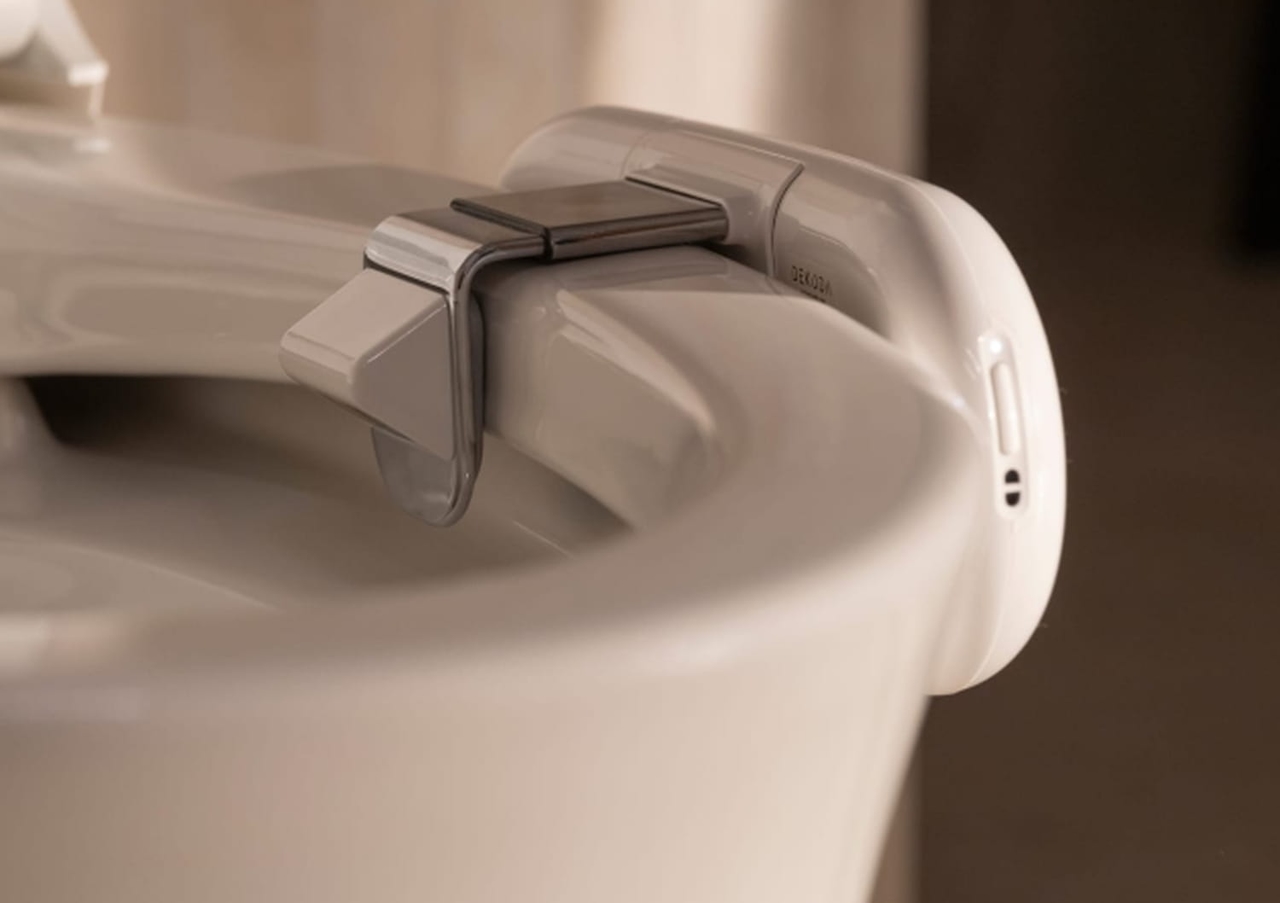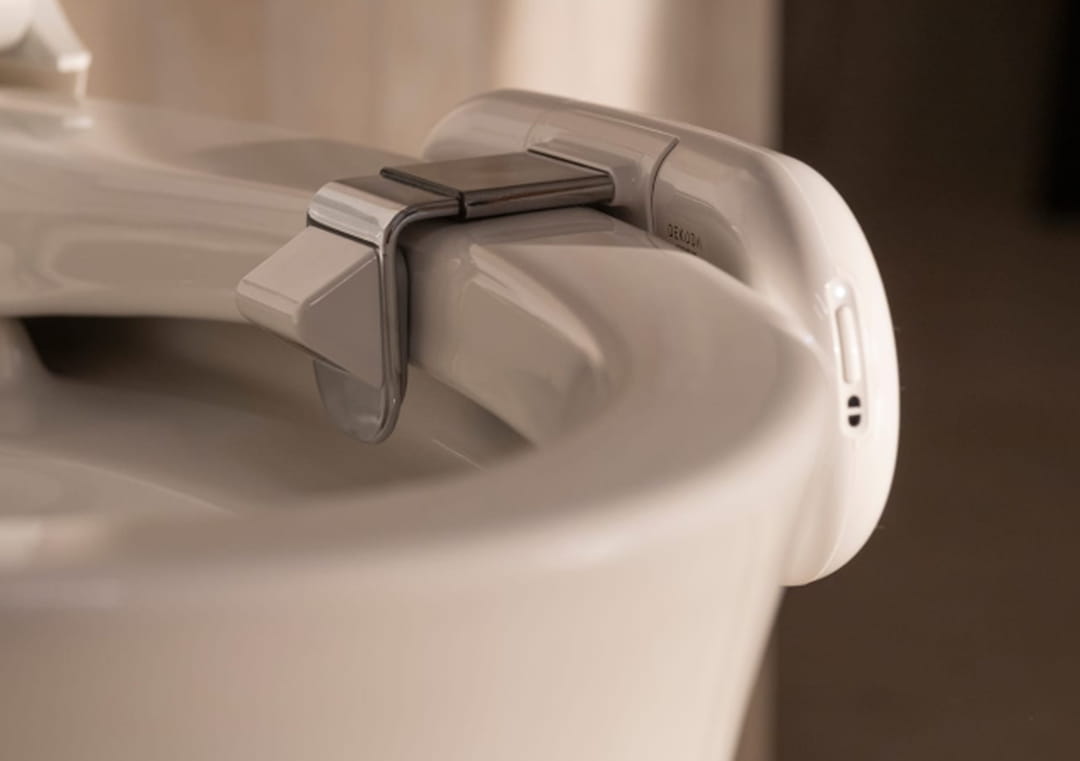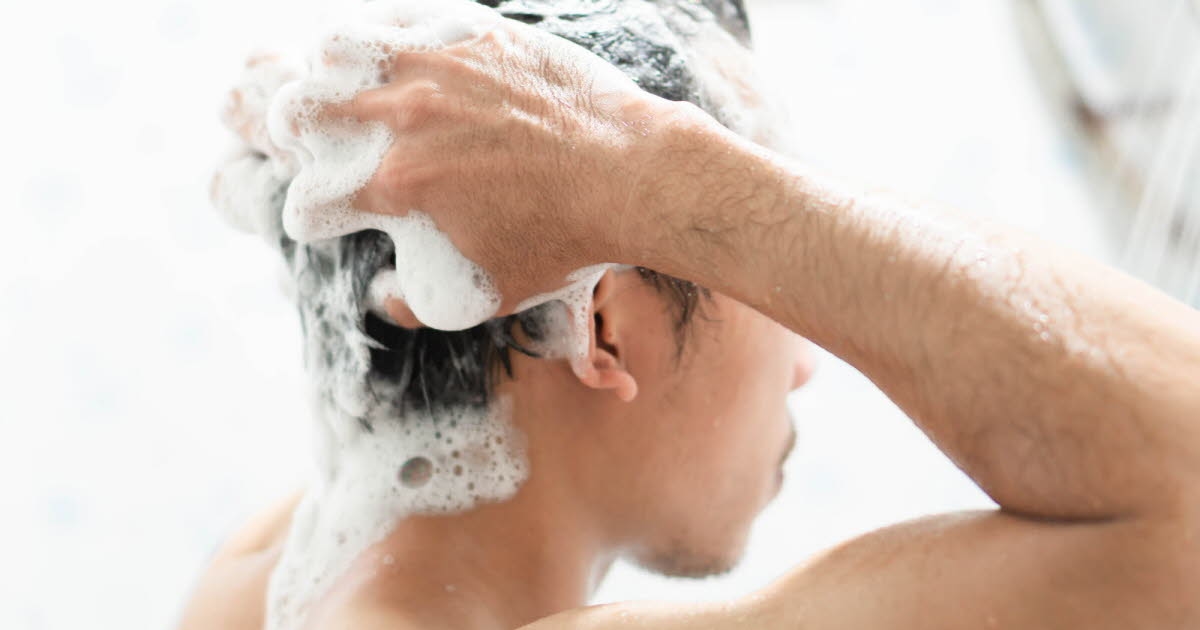Soon, a connected camera in our toilets? This project is very serious.

They say you can't stop progress, but let's admit that some innovations are more thought-provoking than others. An American manufacturer, Kohler, is about to enter the home health market. Are you thinking of a smart scale, a fitness tracker, a pedometer, or even a smart refrigerator to monitor your diet? Not at all; these products will seem quite ordinary next to Dekoda, a small electronic device that attaches directly to the inside of the toilet bowl.
The goal? To photograph its contents, analyze it using a camera and various sensors, and then send you information, or even alerts, directly. You'll find a kind of intestinal health report, an overview of your habits, or even information on your hydration. The company also claims to be able to detect blood in the stool and alert you. It's also worth noting that Kohler promises the cameras have an angle that makes it impossible to identify individuals. Finally, each household member can have their own profile to keep your data separate... that is, your stool!
Yes, Dekoda promises to meticulously analyze your stools using sensors connected to dedicated algorithms. Shape, consistency, color... everything is analyzed. It's likely the company based its analysis on the highly regarded Bristol Stool Scale, a sort of official barometer of stool quality. On its website, the manufacturer Kohler promises to provide graphs and alerts but maintains that it cannot make any diagnoses and adds that nothing can replace laboratory measurements.

When interviewed by ABCNyheter, Norwegian researchers expressed considerable skepticism about the usefulness of this product and its potential success. " It's normal for the state of the gut to vary somewhat, and continuous monitoring can generate more anxiety and worry than positive changes in lifestyle. If your diet consists mainly of hot dogs and chips, or simply protein shakes and eggs, you probably already know this. You also know, without this equipment, whether your stools are hard or soft," notes Paula Berstad, a cancer researcher at the Norwegian Institute of Public Health.
The manufacturer is careful not to present its invention as a medical device, describing it instead as a wellness product that will in no way replace screenings for colorectal cancer, for example. Any chronic or unusual abnormality in your stool should be examined by a doctor through a standard medical appointment.
Are you ready to see these kinds of machines in our toilets? It's a legitimate question, especially considering the price ($600, or €520) and the statistics on colorectal cancer screening in France. While it simply involves sending a stool sample to a laboratory, in 2021-2022, only a third of the 17.7 million eligible people had taken the test. The ARC Foundation for Cancer Research conducted a survey, highlighting that 31% of those who hadn't taken the test cited embarrassment as a reason, and 29% cited disgust at the idea of talking about their stool.
L'Internaute




